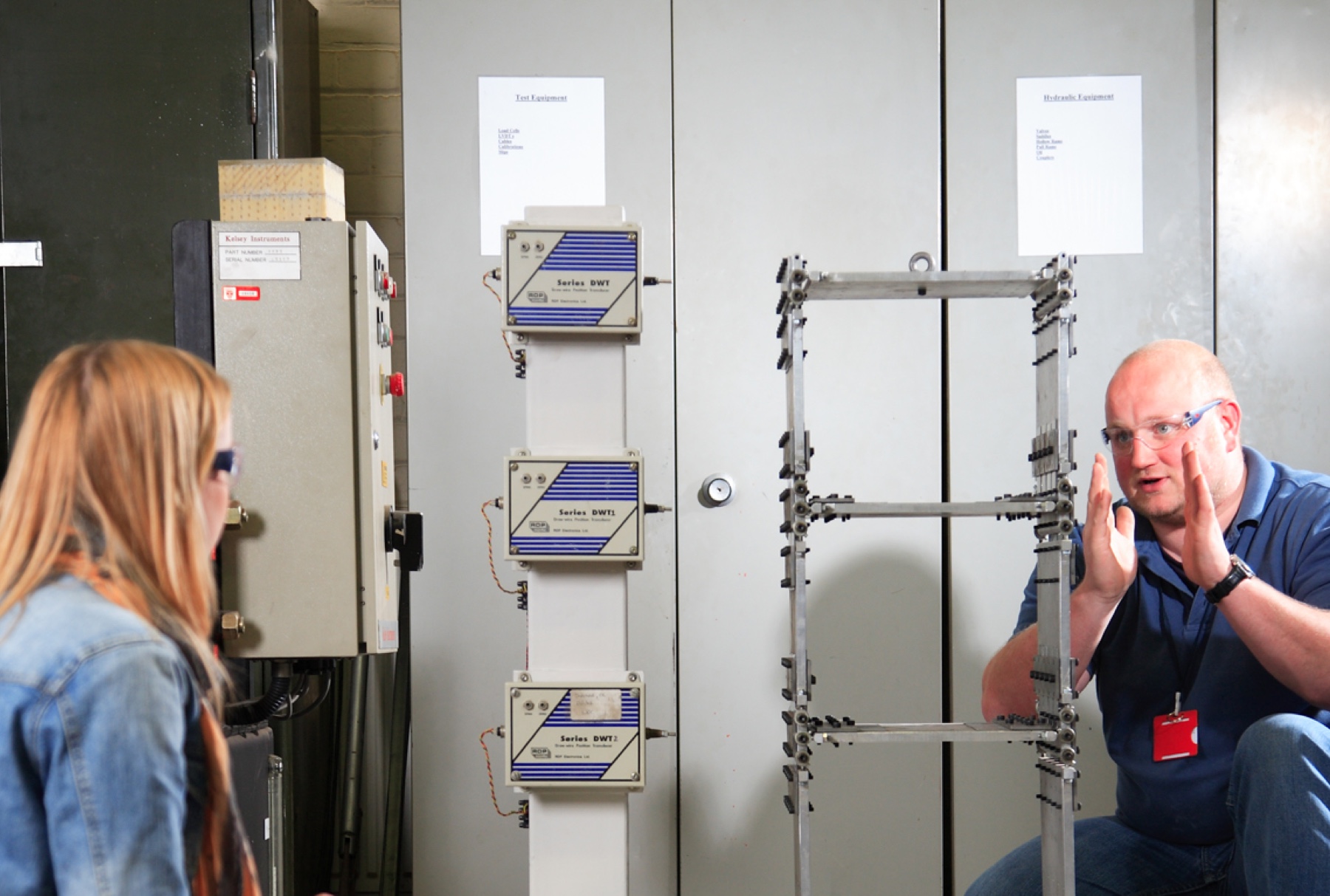Martin
Civil Engineering: MEng (Hons) graduated 2010.
Chartered Engineer at BT Bell Consulting Engineers
My role involves a broad range of design of civil and structural elements across a range of sectors including power, industrial, and pharmaceutical.
What was your reason for choosing your programme of study at Newcastle University?
Unlike most students entering Engineering degree programmes, I did not take Physics and Maths at A-Level. Instead I gained A-Levels including Geography and Biology.
The University offered an engineering Foundation Year to further develop the key engineering subjects which I had not taken at Sixth Form.
Why did you choose Newcastle University and not another institution?
I grew up local to Newcastle and wanted to continue my studies in the city. Added to this was the knowledge that Newcastle was considered a top class engineering University.
What did you enjoy most about studying at Newcastle University?
Aside from the social life (which is second to none), the University has excellent engineering facilities and resources.
Did you take part in any placements during your degree at Newcastle? If yes, how did this help you in your current role?
No, but I would recommend that any student should endeavour to do so if possible.
How has your programme of study helped you so far in your employment?
The degree programme is very focused toward developing engineering skills which will be of use in a Civil Engineering design environment. In particular, I frequently referred back to my structural and geotechnical design module notes during real world design tasks.
What attracted you to work for your current employer?
My current employer is a family business, but in my previous company the attraction was the ability to work on a varied range of projects across structural, civil, geotechnical and hydraulic disciplines.
What skills have you gained so far in your role?
Civil and Structural design skills. Project Management. Financial and commercial project control.
What have been the highlights of your employment so far?
Becoming a Chartered Civil Engineer with the Institution of Civil Engineers.
What projects are you involved in at the moment and how are you utilising your skills?
Design of Civil and Structural elements of major substations for Scottish and Southern Electric (SSE), and of a drug manufacturing facility in Cramlington.
Substation civil design comprises a combination of geotechnical and hydraulic input for the design of the platform drainage and equipment foundations, as well as structural design of the steel framed buildings housing the control systems.
The drug manufacturing facility is a £4 million steel framed building. My input has been in the design of the steel frame using Tekla structural designer, and feeding the designs into the co-ordinated model which has been developed due to the BIM level 2 strategy on this project. I have also been involved in the design of the foundations, and in the general project management of the scheme.
What key skills are you applying to your current role?
Geotechnical, structural and hydraulic design.
Project management skills including contractual and commercial management.
What do you hope to achieve in the future?
As a Supervising Civil Engineer for the ICE training scheme, one of my medium term goals is to lead the graduates in my company toward chartership.
What advice would you give to students considering a degree in your subject? Why should they chose Newcastle? How do you think Newcastle University differs from other universities?
Work hard. It's a challenging degree course, but put in the effort and it will all be worth it in the end. Try to get on a summer placement with a good contractor or consultant to boost your knowledge and real world experience.
It is a high class university and degree course, and the city is a fantastic place to study
